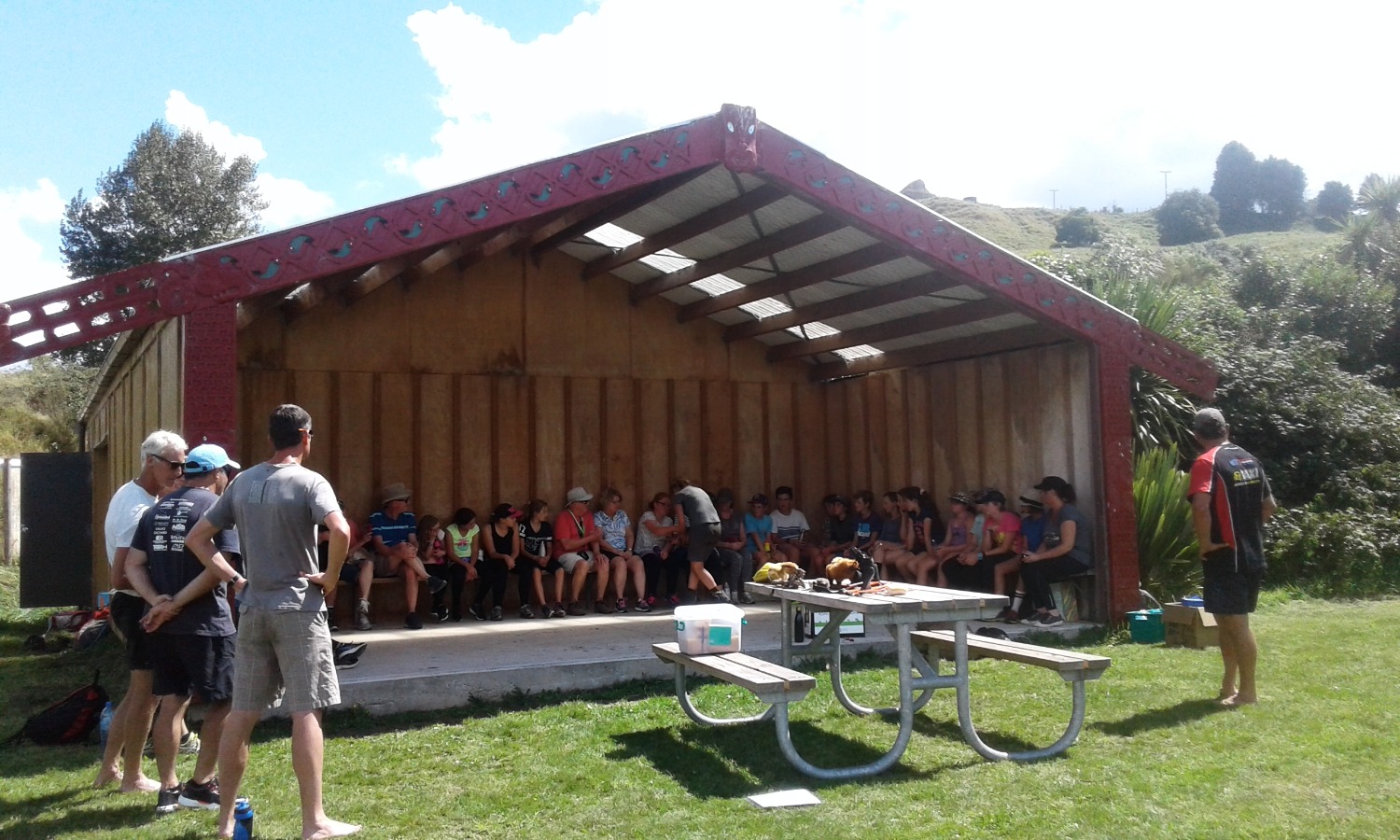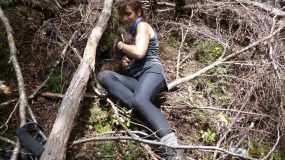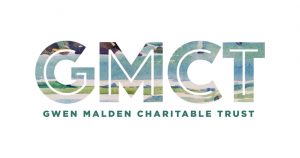Kiwi talks are normally available by prior arrangement at the Opouahi crèche shelter during the kiwi chick season from November to April. They are given by volunteers and are free (although a $10 per visitor donation is suggested). However, due to the damage caused by Cyclone Gabrielle, we have no kiwi chicks in the crèche. The road to the crèche, via SH5, is also under repair, and traffic limited to essential services. Thus until further notice kiwi talks have been suspended.
Using kiwi as the focus, the talks cover conservation issues such as predation, and facts about kiwi including their diet, nesting and habits. There are taxidermied specimens of the kiwi and the main predators to illustrate the talks.
Or rare occasions, it is possible to have a live kiwi chick to show. This depends on a number of factors including the age and health of the chicks, the weather, the availability of volunteers and the work programme for the day. There are very strict protocols nationally governing the handling and showing of kiwi.
It can be disappointing, particularly for children, to be hoping to see a kiwi and then find on the day that it isn’t possible. Please bear in mind that these are wild birds and our kaupapa is based around minimal handling and disruption, so the chicks can have the best chance of survival when they return to the Kaweka Forest Park.
To find out more, contact us







